10. Genghis Khan
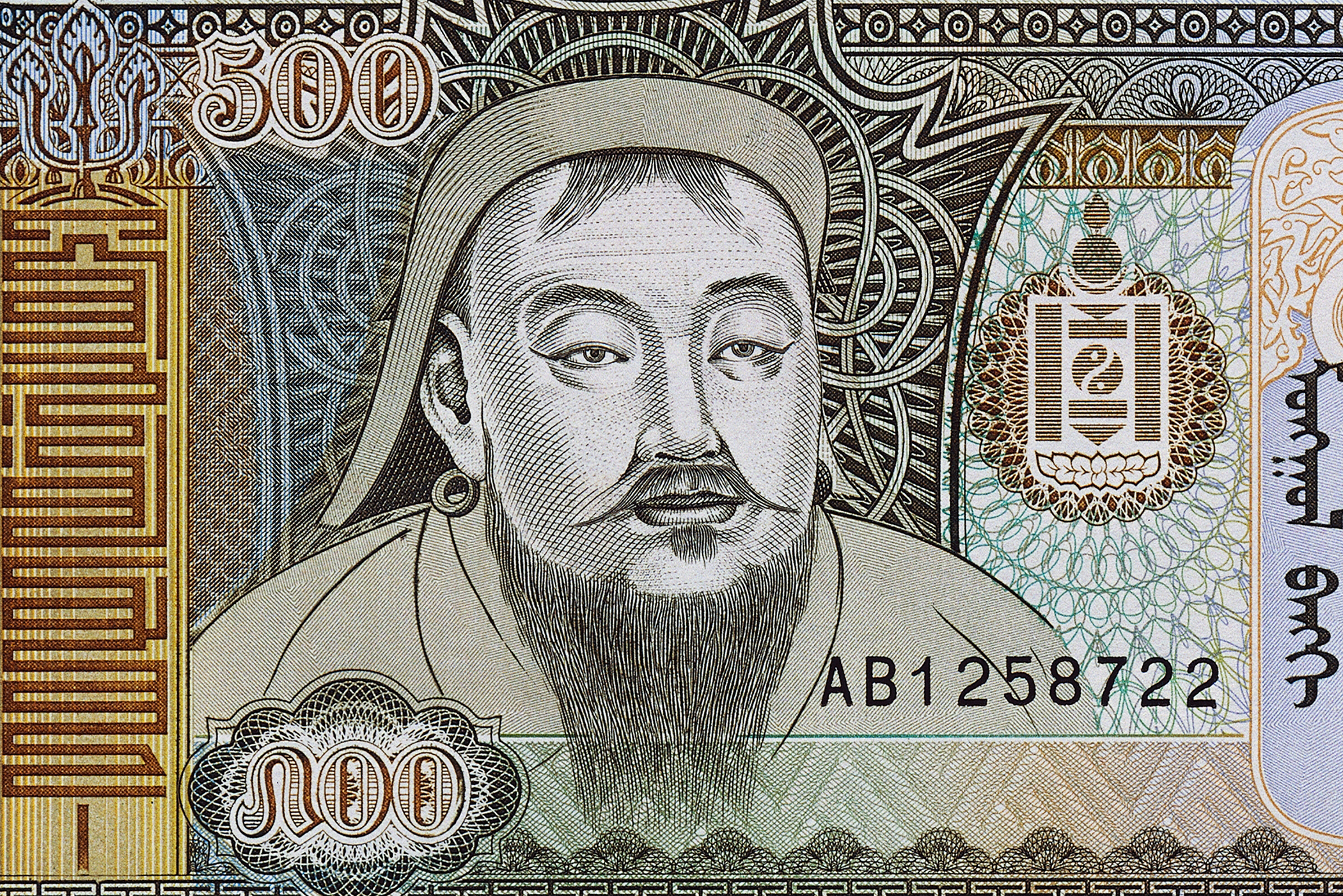
Republic of Mongolia
Money: Lots of land, little else
Unquestionably, one of history's most effective military commanders was Genghis Khan. He ruled the biggest contiguous empire in history, the Mongol Empire, which at its height spanned from China to Europe. Genghis did not, however, hoard his wealth, according to academics, despite his tremendous power. Instead, the Khan's generosity was a major factor in his power.According to Morris Rossabi, a famous history professor at Queens College in the City University of New York, "one of the bases of his success is sharing the gains among his soldiers and other commanders."Genghis Khan and the Making of the Modern World author Jack Weatherford explains that Mongol soldiers, in contrast to many pre-modern armies, were forbidden from
9. Bill Gates
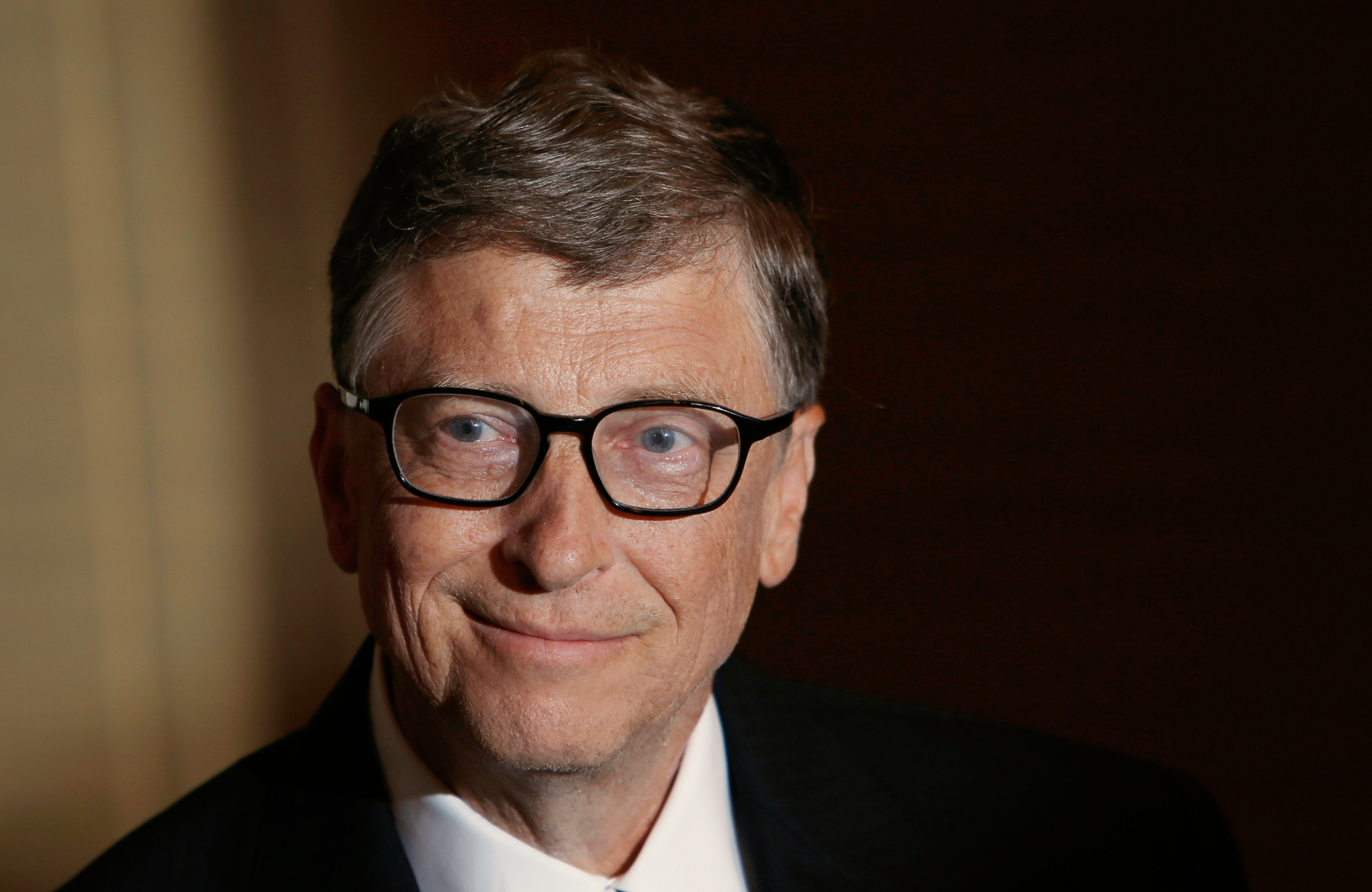
1955 to the present
nation: the United States
Affluence: $78,9 billion
Being the richest person alive, Bill Gates' net worth is surprisingly transparent. As of this year, Forbes estimates the Microsoft founder’s net worth at $78.9 billion. That’s about $8 billion more than Zara co-founder Amancio Ortega, the second-richest person in the world.
8. Alan Rufus (a.k.a. Alan the Red)
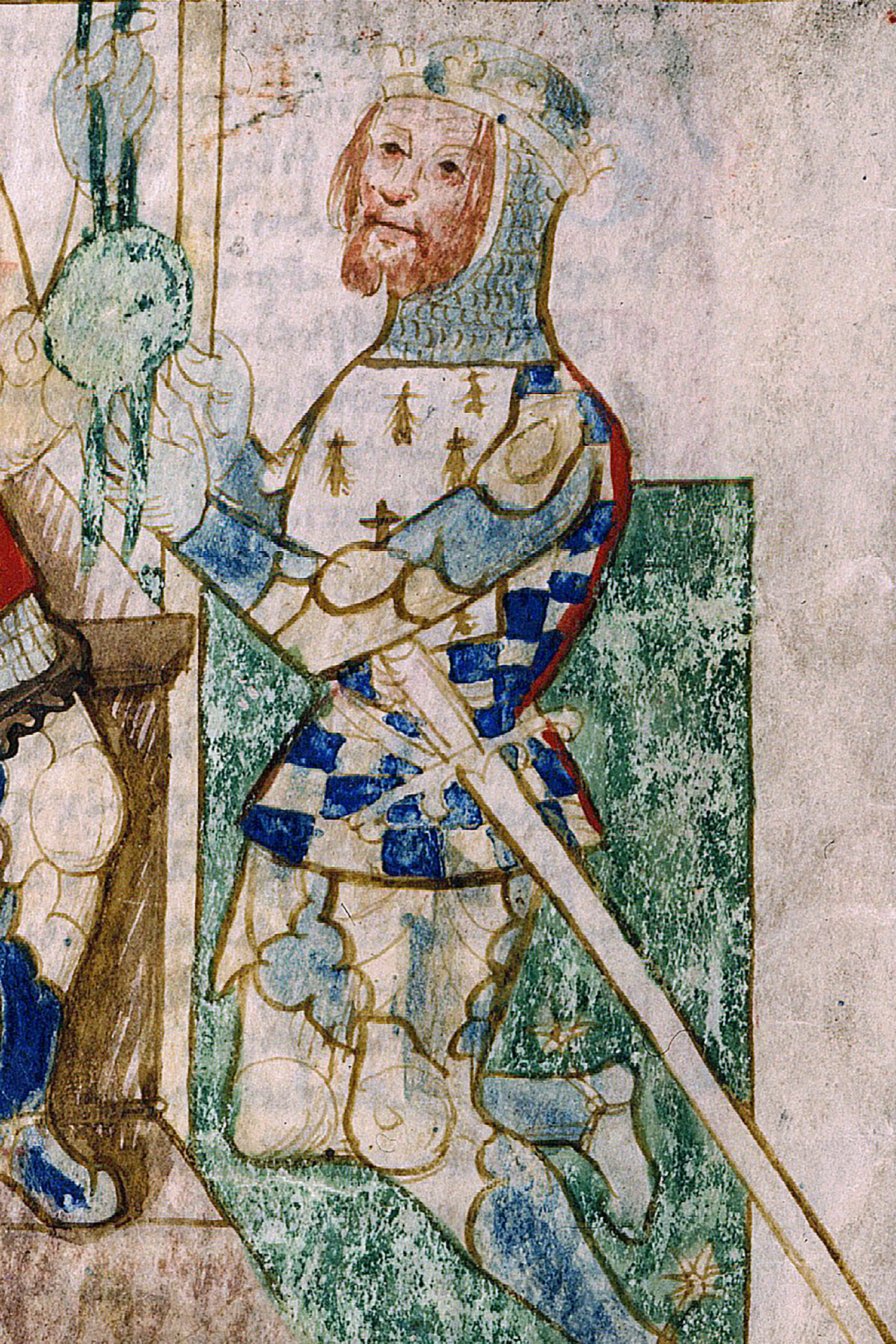
Lived: 1040-1093
Nation: England
$194 billion in wealth
Rufus, William the Conqueror's nephew, participated in the Norman conquest alongside his uncle. According to Philip Beresford and Bill Rubinstein, authors of The Richest of the Rich, he passed away with £11,000, which they claim represents 7% of England's GDP at the time. In 2014 values, that would be equivalent to $194 billion.
7. John D. Rockefeller
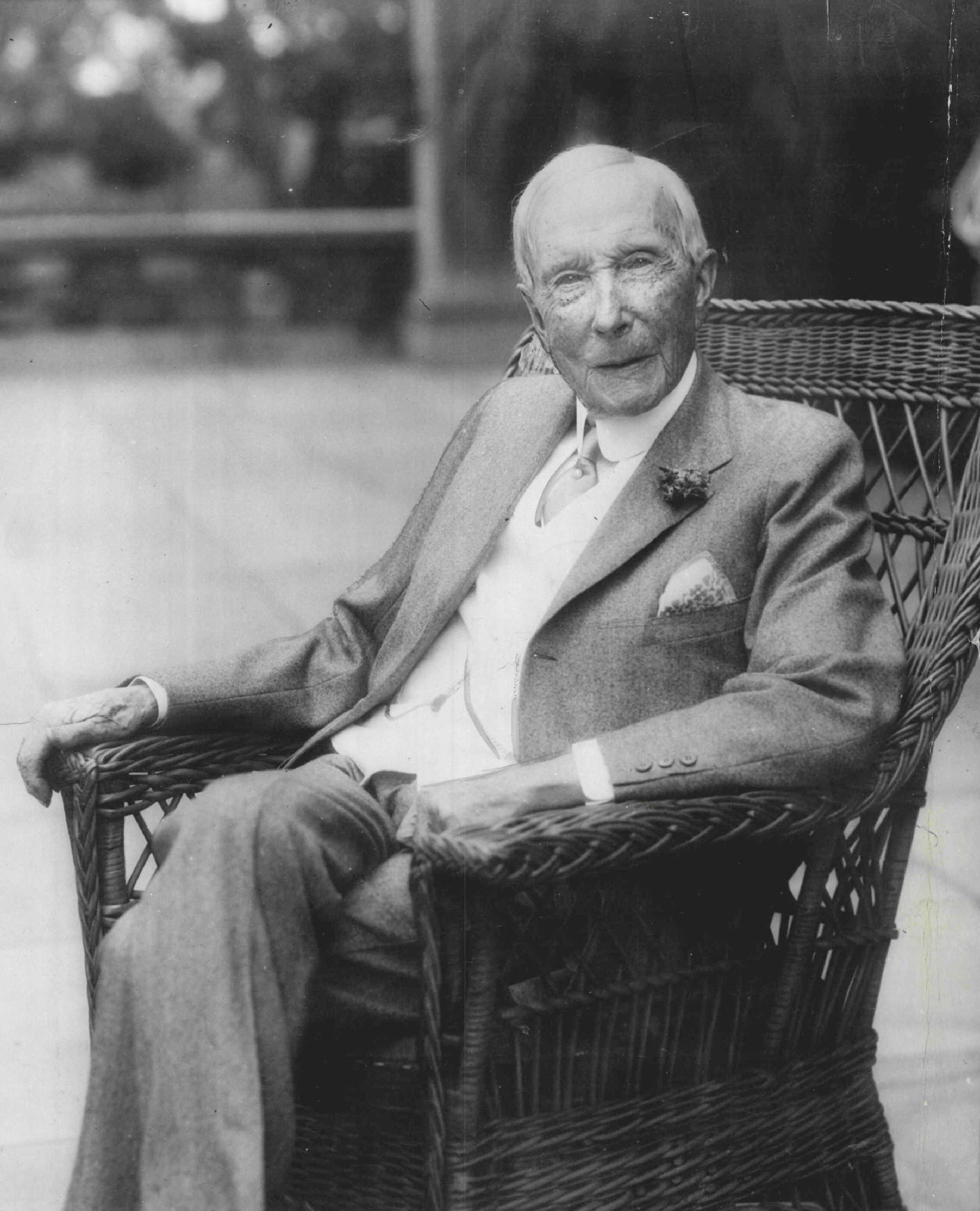
John D. Rockefeller, No. 7
JR Partners/Seattle Times via Getty Images John D. Rockefeller Sr.
Lived: 1839-1937
nation: the United States
$341 billion in wealth
Rockefeller started making investments in the oil sector in 1863, and by 1880, his Standard Oil corporation was in charge of 90% of the nation's oil production.
According to a 1918 federal income tax return and estimates of his overall fortune, Rockefeller was estimated to be worth about $1.5 billion according to his New York Times obituary. This amount corresponds to nearly 2% of the U.S. economy's output that year, according to data gathered by MeasuringWorth (the U.S. did not keep official records on national income until 1932).
In 2014, the same economic share would be worth $341 billion.
6. Andrew Carnegie
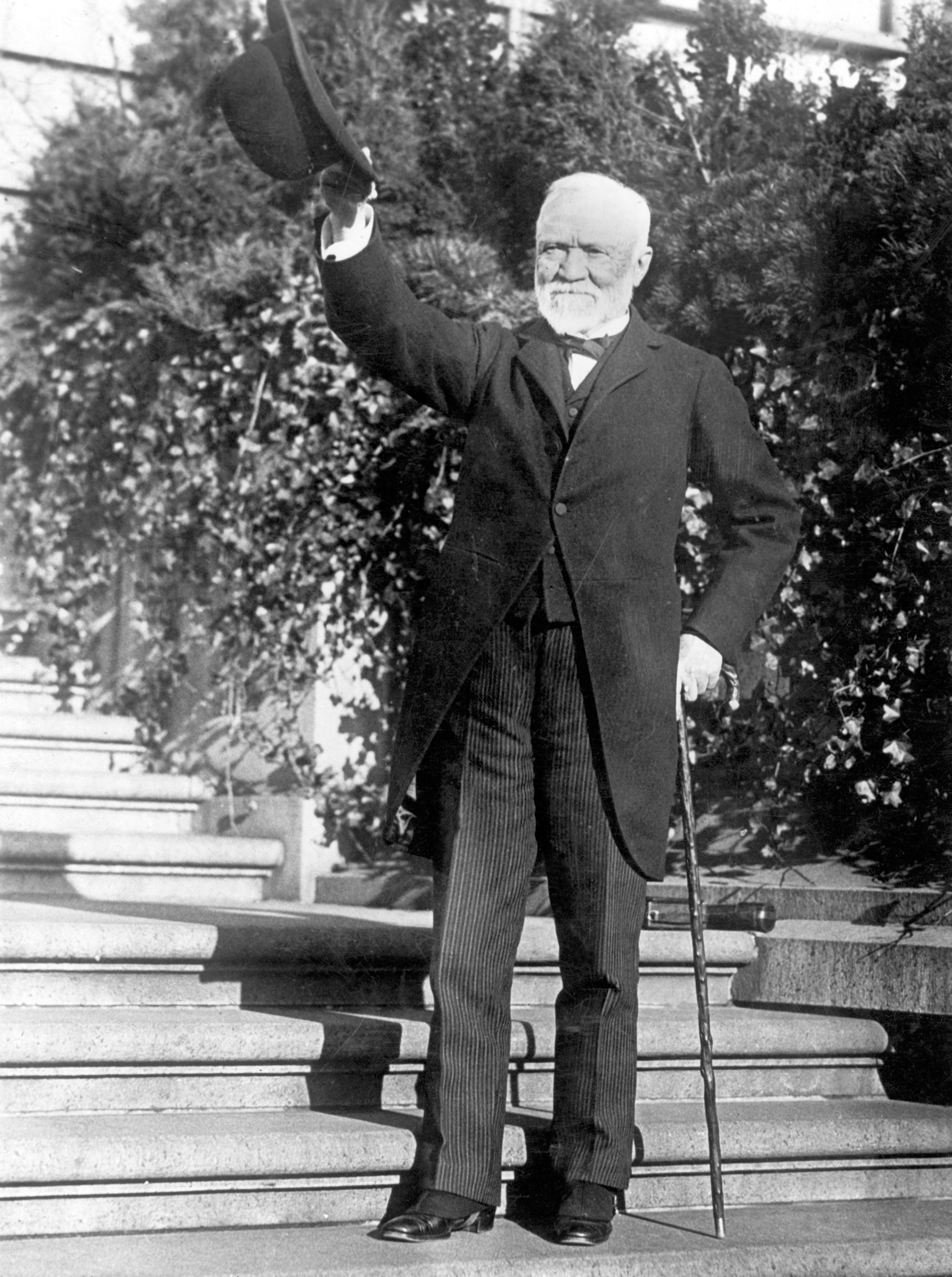
Lived: 1835-1919
nation: the United States
$372 billion in wealth
Although Andrew Carnegie may be the richest American of all time, Rockefeller receives most of the attention. In 1901, the Scottish immigrant sold J.P. Morgan his business, U.S. Steel, for $480 million. At the time, that amount amounted to just over 2.1% of the U.S. GDP, giving Carnegie economic influence equal to $372 billion in 2014.
5. Joseph Stalin
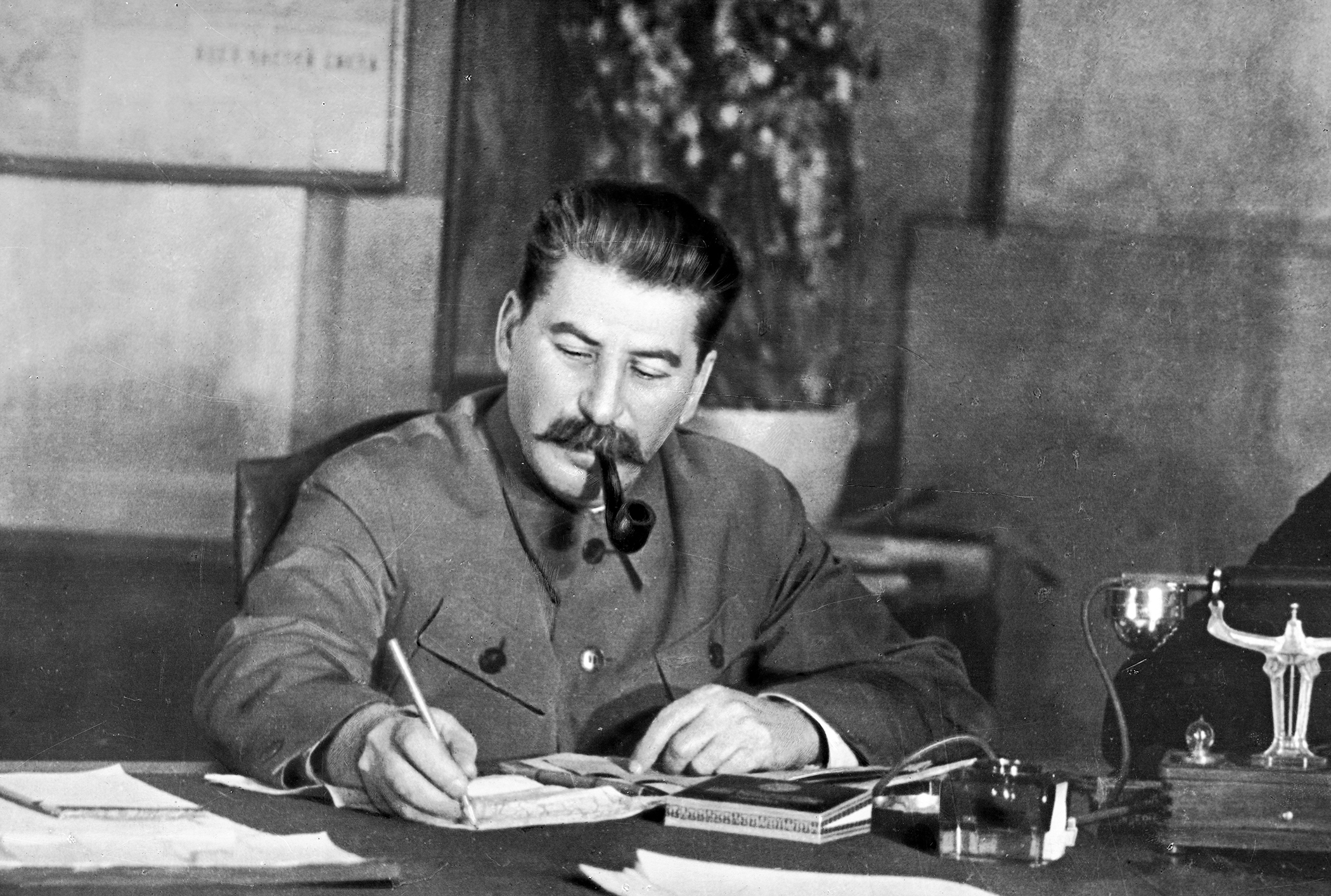
Lived: 1878–1953
Country: USSR
Wealth: Complete control of a nation with 9.6% of global GDP
Stalin is an uncommon figure in modern economic history: a dictator with absolute power who also controlled one of the largest economies in the world. While it is virtually impossible to separate Stalin’s wealth from the wealth of the Soviet Union, his unique combination of economic might and complete control of the USSR lead multiple economists to nominate him as one of the richest people of all time.
You can easily see their logic. Data from the OECD shows that in 1950, three years before Stalin’s death, the USSR made up roughly 9.5% of global economic output. As of 2014, that level of production would be equivalent to nearly $7.5 trillion dollars.
While that money didn’t belong directly to Stalin, he had the ability to leverage Soviet economic might for any reason he chose.
“He had enormous power, and through his power he could have anything he wanted,” says George O. Liber, a professor of history at the University of Alabama at Birmingham. “He controlled 1/6th of the land surface of the planet without any checks or balances.”
Does that make Stalin rich in the traditional sense? Liber isn’t so sure. “Was he among the wealthiest men?” the professor wonders. “I suppose if you want to stretch the definition of wealth, but it was not his wealth. He controlled the wealth of the country.”
Even so, it’s hard not to include Stalin on a list of the most economically powerful people in history. His wealth might be uncertain, but there’s no question the premier’s personal economic influence is unrivaled in recent history.
4. Akbar I
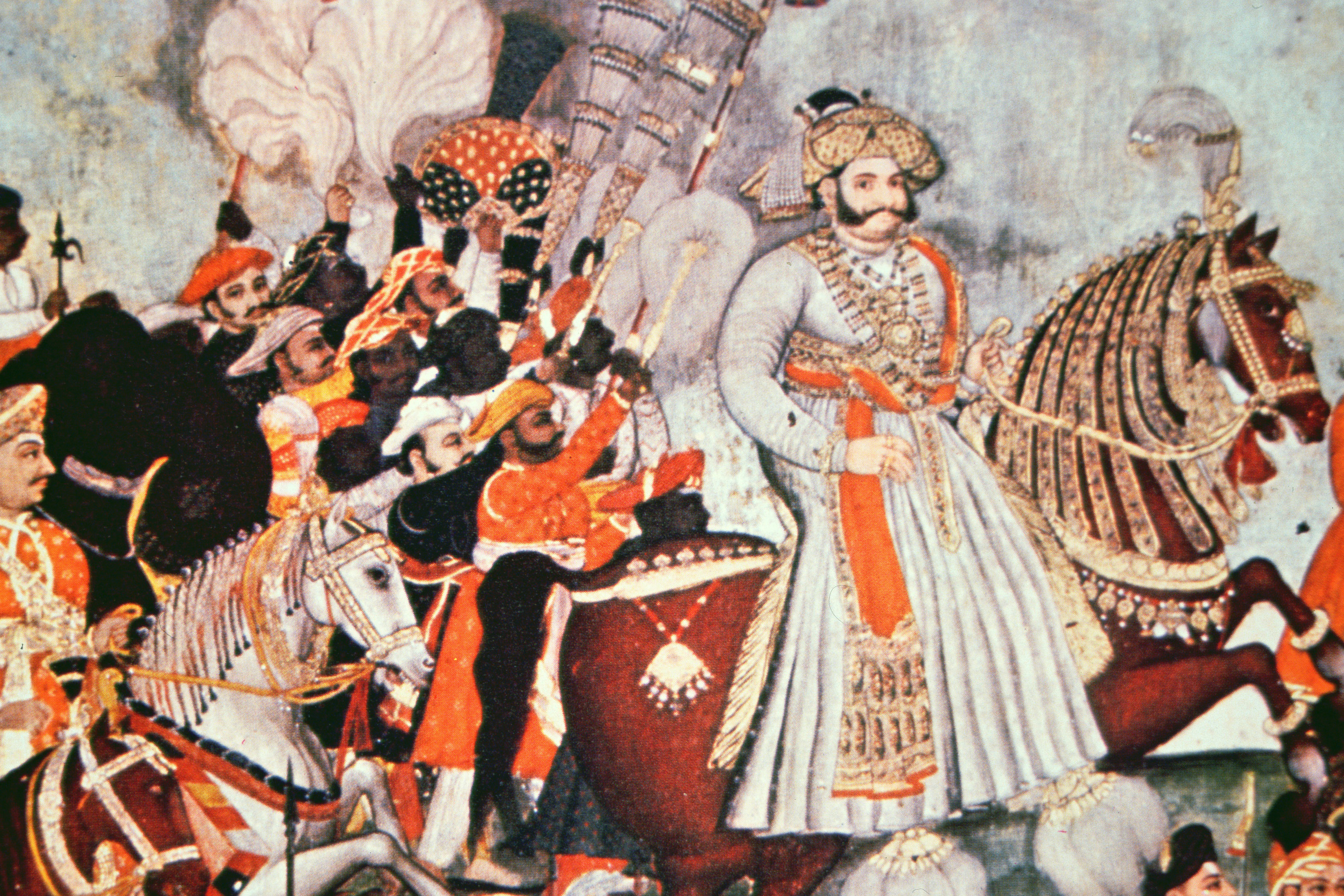
Lived: 1542–1605
Country: India
Wealth: Ruled empire with 25% of global GDP
The greatest emperor of India’s Mughal dynasty, Akbar controlled an empire that accounted for about one-fourth of global economic output. Fortune’s Chris Matthews cites the late economic historian Angus Maddison, who speculates India’s GDP per capita under Akbar was comparable to Elizabethan England, but with “a ruling class whose extravagant lifestyle surpassed that of the European society.”
That assertion that India’s elite class was wealthier than their counterparts to the west is backed up by data from economist Branko Milanovic, whose research shows the Mughal Dynasty was one of the most effective empires of all time at extracting wealth from the population.
3. Emperor Shenzong
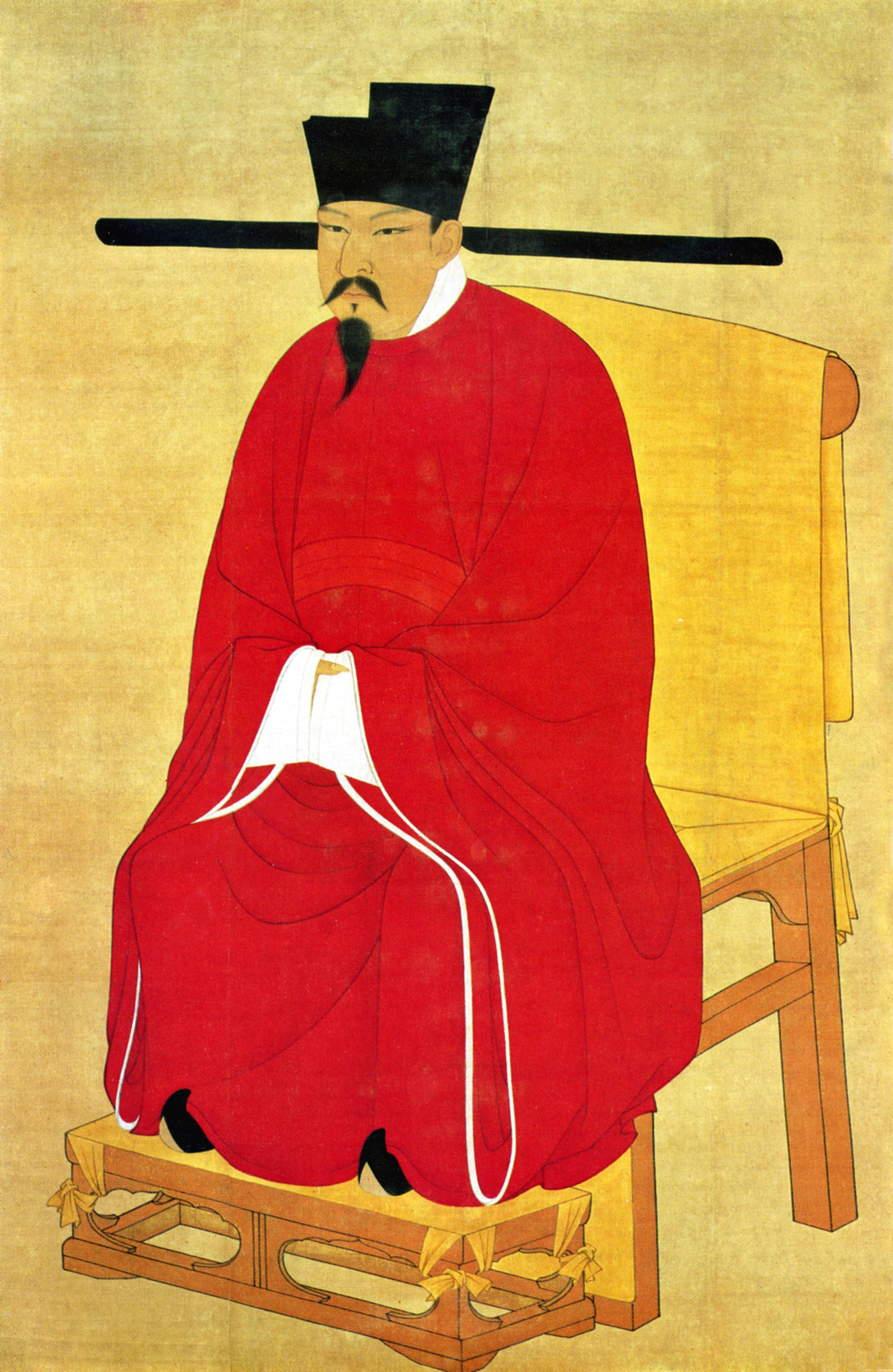
Lived: 1048-1085
Chinese mainland
Ruled empires with 25% to 30% of the global GDP are wealthy.
The Song Dynasty in China, which lasted from 960 to 1279, was one of the most prosperous regimes in history. Prof. Ronald A. Edwards, a Chinese economic historian of the Song Dynasty at Tamkang University, estimates that the country's peak contribution to global economic output was between 25% and 30%.
The riches of the empire was derived from its technological advancements as well as its extraordinary competence in tax collection, which, according to Edwards, was hundreds of years ahead of that of European governments. The lecturer also pointed out that the government of the Song Dynasty was extremely centralised, meaning the emperor possessed a significant amount of power.
2. Augustus Caesar
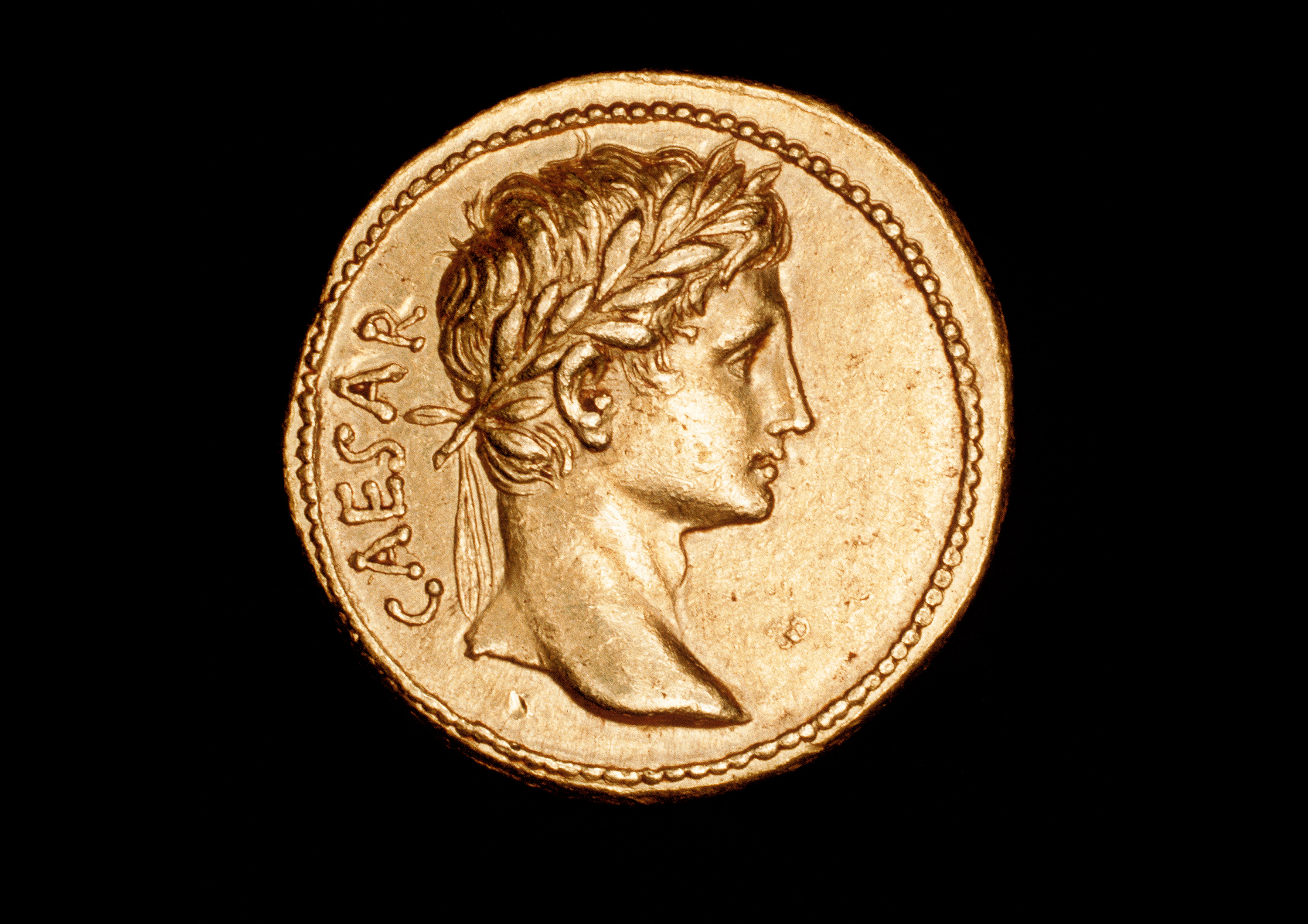
Lived: 63 BC–14 AD
Country: Rome
Wealth: $4.6 trillion
Not only was Augustus Caesar in charge of an empire that accounted for 25% to 30% of the world’s economic output, but according to Stanford history professor Ian Morris, Augustus at one point held personal wealth equivalent to one-fifth of his empire’s economy. That fortune would be the equivalent of about $4.6 trillion in 2014. “For a while,” Morris adds, Augustus “personally owned all of Egypt.” That’s hard to top.
1. Mansa Musa
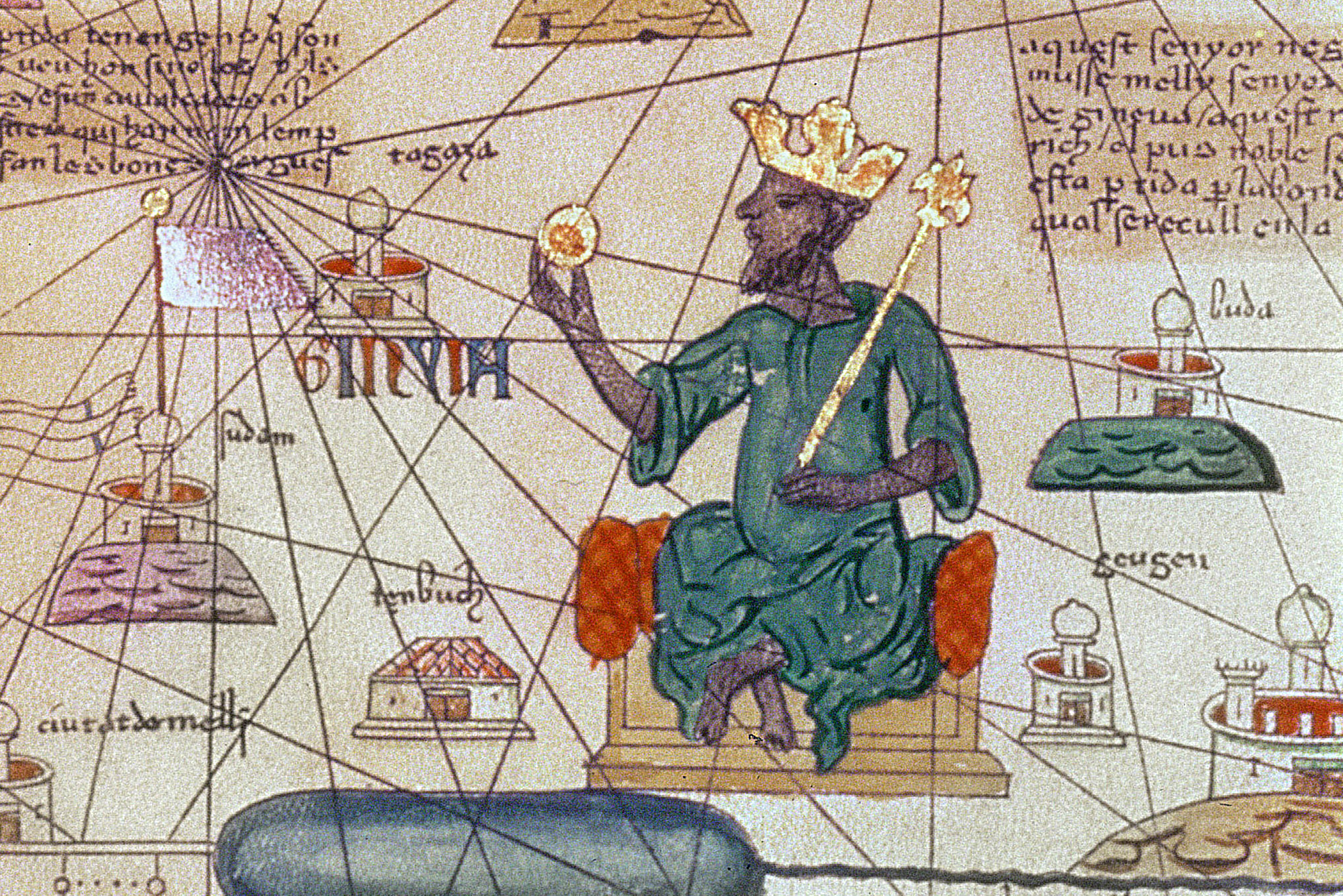
Year: 1280–1337
Nation:Mali
Richer than anyone could possibly express
The monarch of Timbuktu, Mansa Musa, is frequently referred to as the richest person in history. Richard Smith, a history professor at Ferrum College, asserts that during a time when gold was in particularly high demand, Musa's west African kingdom was perhaps the world's largest gold producer.
How wealthy was Musa really? It's simply impossible to estimate his wealth with any degree of accuracy. Records are scant, if not nonexistent, and modern accounts of the king's wealth use implausible comparisons.
Some accounts of his well-known journey to Mecca, during which Musa's extravagant spending led to a money crisis in Egypt, mention dozens of camels hauling hundreds of pounds of goods each.
No comments:
Post a Comment
if You Have Any Doubit.Please let me know